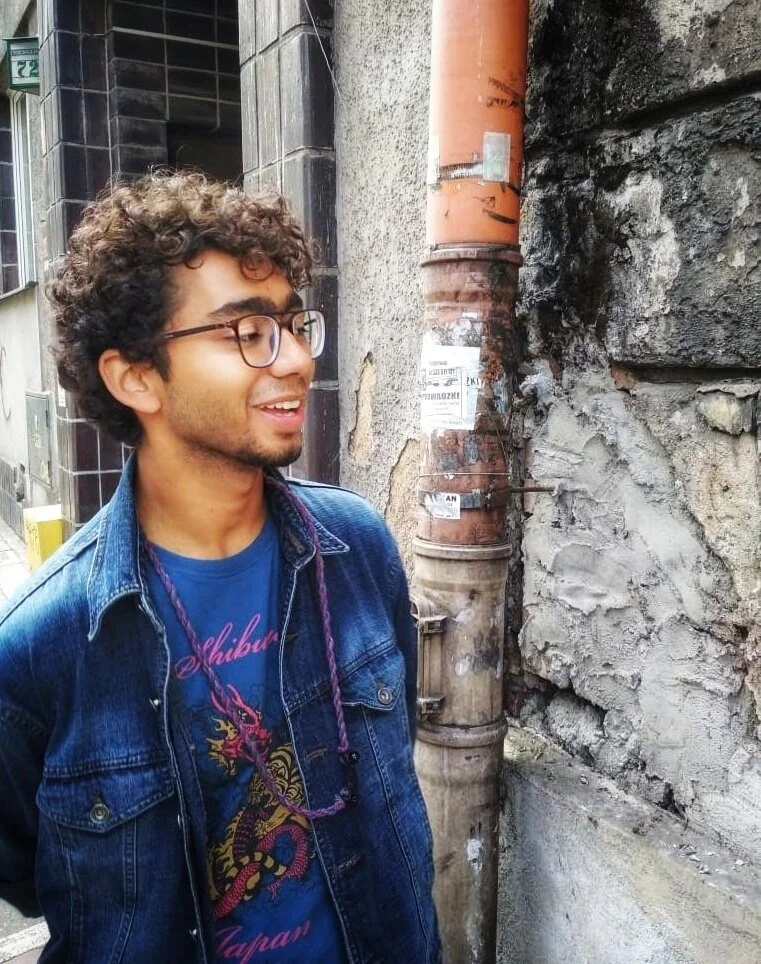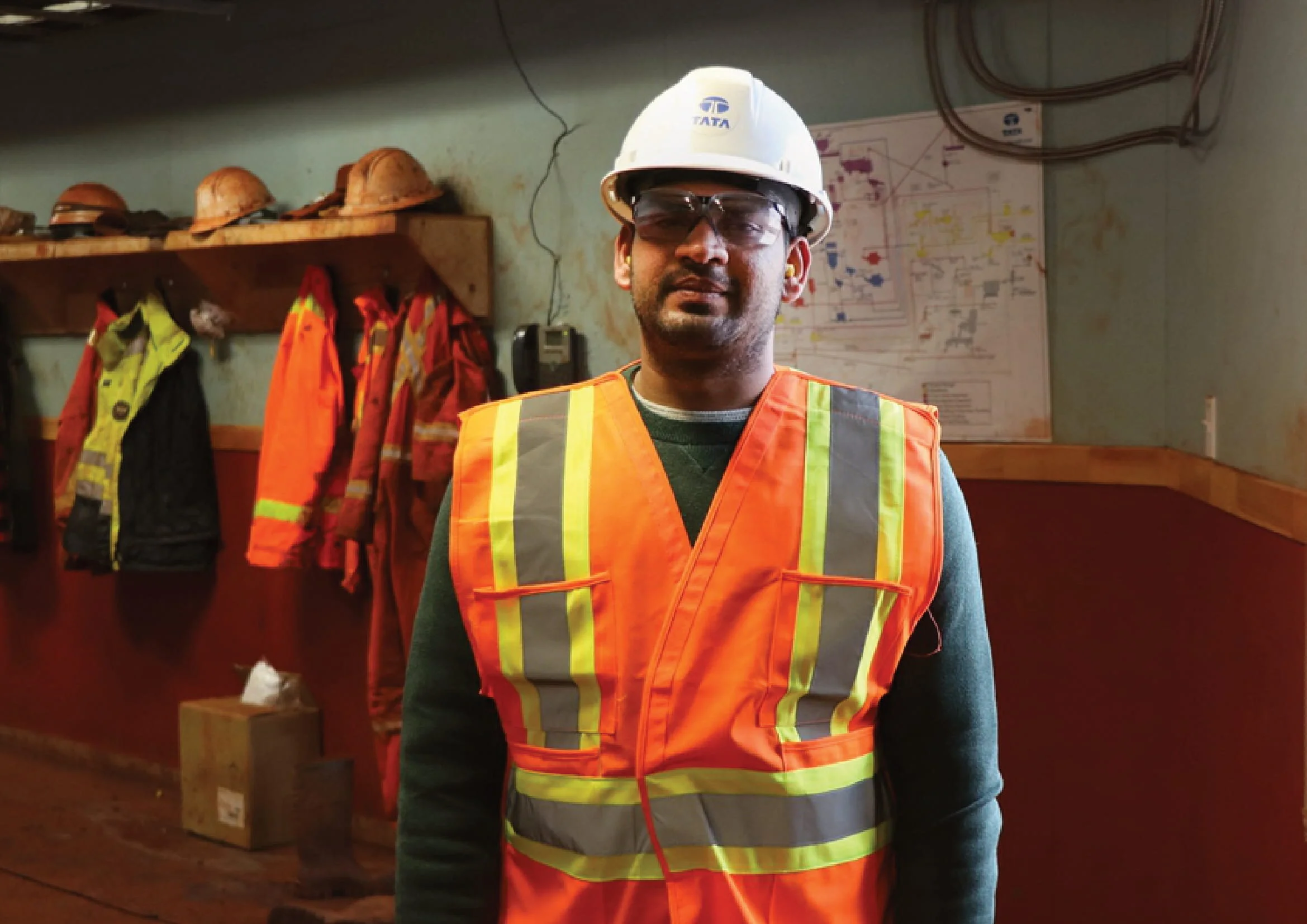Drama School Mumbai 2019: Ashish Atrey
Ashish Atrey is one of the Drama School Mumbai’s recipients for 2019. In this week’s post he share with us his experiences at the Drama School Mumbai and how the Coronavirus has altered his time there.
PRESENCE OF ‘BODYMIND’ & A STEP FORWARD: Theatre through COVID19
For a long time, philosophers and theatre practitioners have treated 'Body' and 'Mind' as two different realms of experience. While they operate within the same school of thought, 'Mind' is placed on a higher pedestal as the one holding knowledge and the one who decides and controls. French Philosopher Maurice Merleau-Ponty spent most of his career rejecting the binary of mind and body. His works have been a source of inspiration for many, such as intercultural theatre practitioner Philip B. Zarrilli. Zarilli engages the actor's experience and process through cultural 'Bodymind' exercises, where 'Body' and 'Mind' are not separated but are treated as one in continuous practice of generating and receiving experiences.
My primary training at Drama School Mumbai (DSM) to a larger extent tested this concept of 'Bodymind' through rigorous movement, body conditioning and improvisational work. These curated exercises made thought, action and intention concurrent, which further induced a spontaneous trust in the actor self and their co-performers. The training at times and again emphasized on ‘Presence’ of 'Bodymind' in real time which enabled active channels of physical and emotional exchange amongst the participants of a theatre piece. Archetypical gestures, devised theatre, Shakespearean text, voice and speech were other areas where this 'Presence' was applied during my eight months of study.
The DSM’s Master's in Theatre and Performance Studies has shaped my critical perspective towards societies, cultures and the way politics of performance flows through them as intercultural exchanges in theatre and performance making have always been of my prime interest. In our Theatre Making Laboratory sessions fellow ensemble members brought in experience from different schools of practice, such as 'Ninasam'(Karnataka), 'Duende School of Physical Theatre', 'Marathi theatre' etc. enabling us to devise, test, present and observe different methodologies of creating work. We also acquired entrepreneurial skills ranging from organizing productions and its managing funds that enable us to create sustainable models of theatre practice.
Unfortunately, this year’s annual production was cancelled due to the COVID-19 outbreak. This has been a very disheartening moment in our training, but these grave times carry opportunities of observation and action for us theatre-makers. In response to the lockdown, DSM is conducting e-sessions with actors and theatre practitioners across the globe to discuss how theatre-makers can adapt to digital advancements, enabling us to visualize a post-COVID19/ lockdown future. During times such as this crisis it is especially important for the art practitioners to respond and be involved with their immediate surroundings.
I have always believed in theatre work that is impactful and whose narratives stay with the participants beyond the shared space of theatre. Theatre has the ability to be a catalyst for change, a tool for dialogue about deep-rooted issues such as the suffering of marginalized communities in India due to insufficiencies in governance.
I am currently adapting a Kannada short story written by Nandakumar Huvinahadgali in 2019 into a theatre piece with a group of fellow students. The narrative revolves around the caste discrimination and social bias an old couple face as they journey to Mysore’s capital to deliver their granddaughter to her father, a soldier in the king’s army. We observed that this tale is shares many similarities with the terrible experiences migrant laborers are having as they make their arduous journey home. This play is be a one of several short plays being produced by students groups for DSM’s second annual production. My group is preparing to produce our adaptation at DSM post the lockdown as well as perform it at several urban and rural centers of performance.
Theatre has always adapted and fiercely responded to every social adversity. I, along with my co-creators, strongly believe that these narratives against oppression and for dissent will emerge with greater strengths in times to come.












